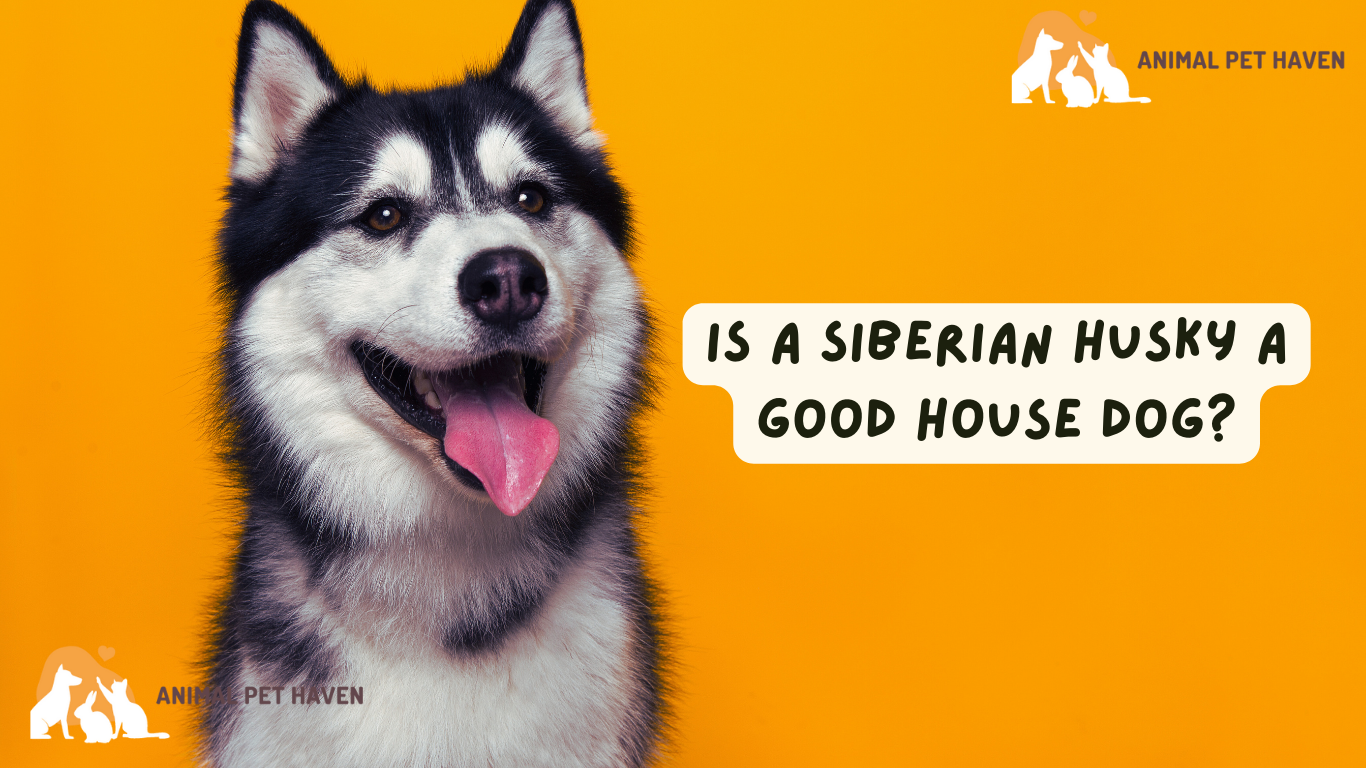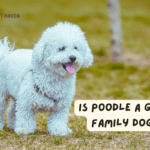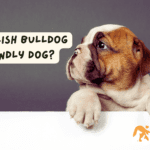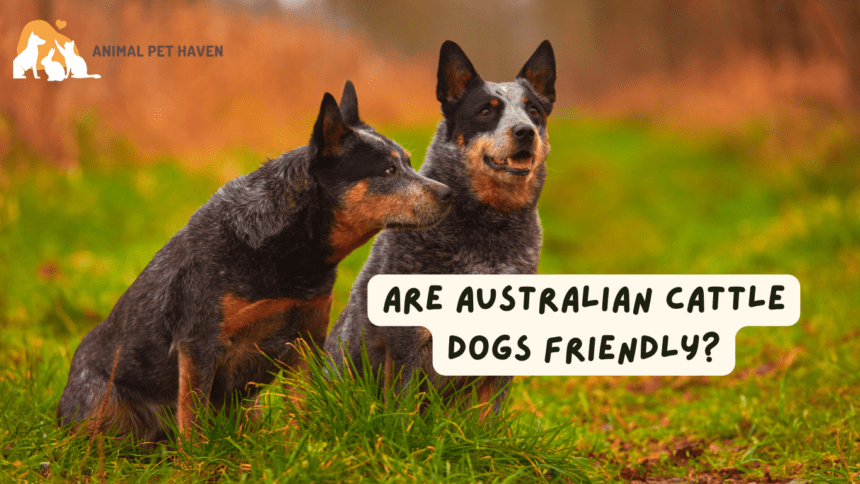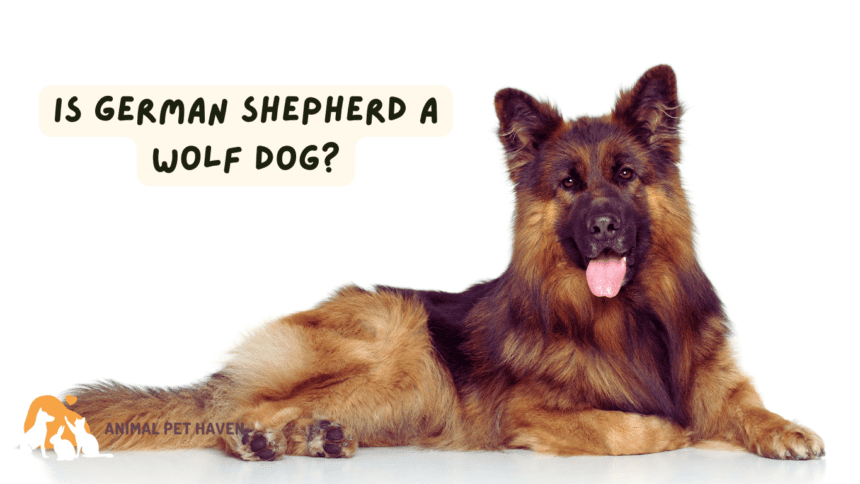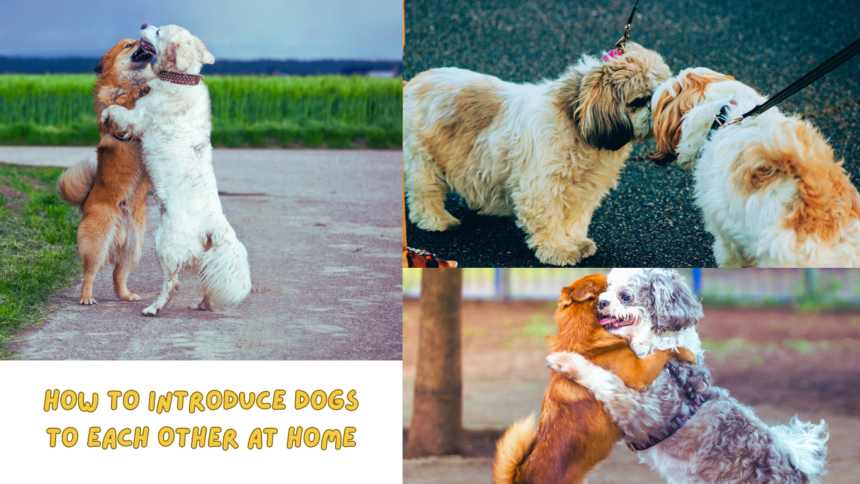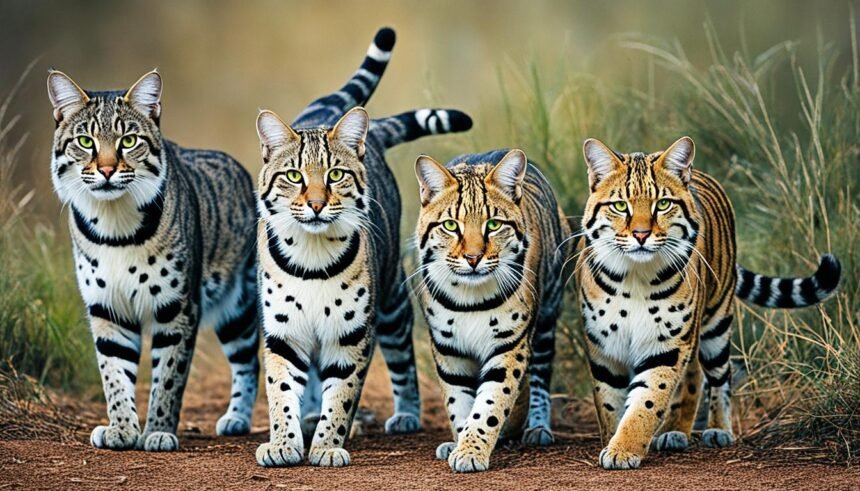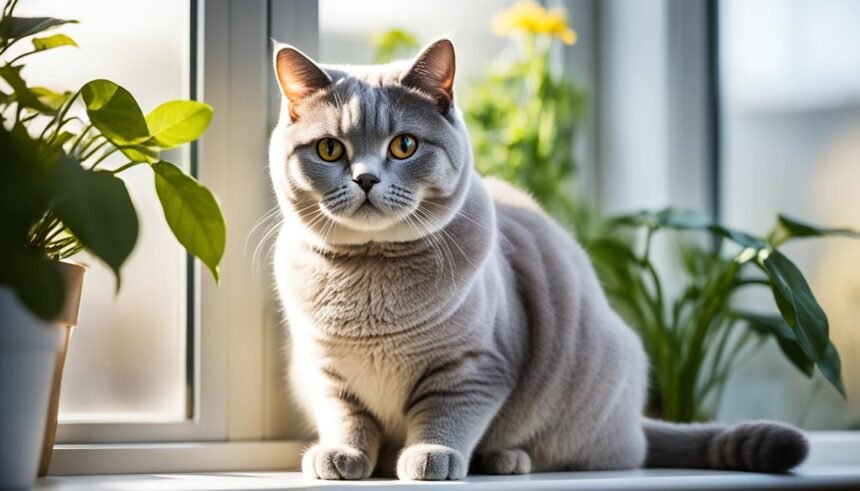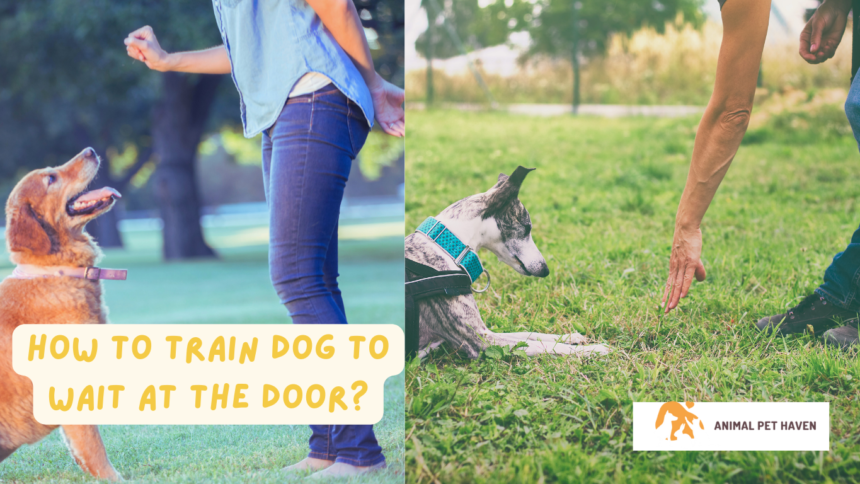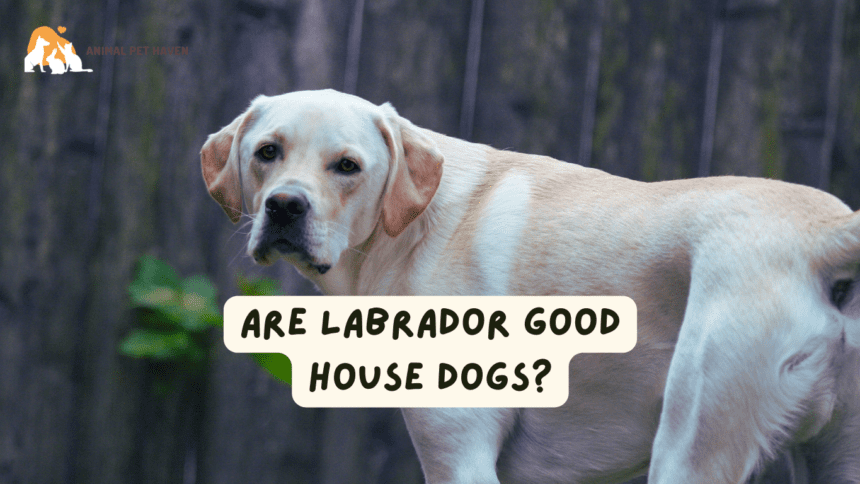Looking for a friendly dog to join your family? If you’re a dog lover, your home surely wouldn’t be complete without a furry friend hurrying around, but if you have children. You might be unsure about which type of dog to bring into the mix. This is understandable because you want to choose a dog who will be a great friend and playmate for your children while still being gentle and nice to them.
Before purchasing or adopting a dog, it is usually best to schedule an in-person meeting with the real dog. Many dog breeds are known for being particularly affectionate and a good fit for families with children, while others are considered to do better in households without children.
However, every dog, like every human, is unique, and it is critical to learn everything you can about the specific dog you are contemplating.
Siberian Husky: Family Dog and Loving Playmate
Huskies are social, affectionate dogs who enjoy playing and bouncing around whenever possible. Your children will be ecstatic with the Husky’s drive to play and run about all day, but bear in mind that a dog with this much energy need proper stimulation and training from a young age.
Huskies make wonderful acquaintances, but they can be a little high-maintenance, so always get to know your new potential puppy before commit to anything.
Overall, huskies are an excellent choice for playmates and pets. Here are eight reasons why a Husky is the ideal family dog:
- A husky is very friendly and likes to be around people.
- A Husky is incredibly loyal and pack-oriented; therefore, he enjoys being part of a family.
- A Husky has a balanced temperament and is not known to be aggressive, making him an excellent choice for families with children.
- A Husky enjoys playing as much as possible.
- A Husky has a lot of energy, so he’ll be excited to run around with your kids and be their constant playmate.
- A husky is not possessive, but he will watch out for your youngsters. As they are members of the same pack.
- A husky is not a large barker. So it could be a suitable fit for families with newborns and small children, though this pup does like to howl.
- A husky’s disposition is quite predictable, which is usually beneficial if you have young children at home.
Getting to Know the Siberian Husky
You want to get to know the real dog that you intend to bring to your family, but knowing the basics of the breed is extremely beneficial. After all, you still need to know how big the dog is predicted to be when fully grown. What type of maintenance a dog requires, and other useful information like how easy he is to train (or not) and if he is prone to any specific health concerns.
Knowing these breed essentials will help you avoid some unpleasant or inconvenient surprises down the road. For example, you end up with a puppy that is twice the size you expected. And you don’t have enough room for him in your little apartment.
Here are some useful information about the energetic and sociable Husky:
SIZE
A Husky’s normal height is between 20 and 23.5 inches, and its usual weight ranges from 35 to 60 pounds. Females are often smaller, so this is something to consider if you want a Husky but don’t want a giant dog; nonetheless, be prepared, as your pup may fall closer to the higher end of the scale.
Life Expectancy
A Husky has an average lifespan of 12 to 14 years, making him an ideal constant companion for your three or four-year-old. This puppy might stay with your children until they leave for college. Which is always something to consider when deciding whether to acquire a younger or older dog.
GROOMING NEEDS:
A Husky as a family pet doesn’t require much grooming. In fact, for a pup who is deemed high-maintenance in terms of attention requirements. This is not the case when it comes to grooming. A Husky does a wonderful job of keeping himself clean. Requiring only a few washes per year and a weekly brushing to remove loose hair and preserve his skin and coat in good condition.
The Husky has a double coat, and his undercoat sheds roughly twice a year. Therefore using a pin brush to remove stray hair is also advised. Otherwise, this youngster will be OK as long as he gets regular nail trims and dental treatment.
Siberian Husky HEALTH ISSUES
Overall, Huskies are a healthy breed, and respectable breeders should screen their dogs for hip dysplasia and ocular abnormalities. Including a comprehensive ophthalmologist evaluation to rule out several conditions such as juvenile cataracts. Once a year, a canine ophthalmologist should examine this breed. You can learn more by reading the Official Breed Club Health Statement.
Siberian Husky EXERCISE NEEDS
This dog is a highly athletic breed that requires ample exercise and participation in both physical and mental activities. Huskies were also born to run, so unless you’re playing in a huge fenced yard. Keep this pup on a leash while out and about. Huskies can be mischievous, so making sure your dog has plenty of opportunities to play and engage in a variety of activities can keep him happy, healthy, and out of trouble.
When you are away from home, it is a good idea to leave some interesting, interactive toys like the Rolly Cannoli with your Husky to keep him busy. But keep in mind that this pup needs human company and dislikes being alone.
Siberian Husky TRAINING
Huskies, like many breeds, benefit from early training and positive socializing. This pooch adores his family, but he can sometimes be stubborn. When you combine a Husky’s strong energy with his obstinate streak, you have a formula for disaster if you don’t begin training as soon as possible.
If you’re not sure what to do on your own, ask your veterinarian about puppy classes in your area and trainer recommendations. Once you’ve mastered the fundamentals with your Husky. You can try a few fun tricks on your own and with your children. This may be a terrific way to bond with your dog.
Siberian Husky and Kids
Huskies are excellent pets for families with children. But both your new puppy and your children must understand how to connect pleasantly and suitably. Set clear expectations for both your children and your puppy, and always supervise your dog around young children.
When everyone is on the same page, you’ll have an awesome new member to your pack. A beloved Husky who is both a family dog and a loyal buddy.
Are you ready to find the ideal husky for your family? Petfinder.com is a terrific place to start, and if you’re looking into other rescue organizations. National Husky Rescue Groups will help you find a decent home for a pup in need.
When you’re ready for more terrific advice and information to help you be a better pet parent, check out the rest of our blogs! We’re continually adding fresh information to help you learn everything you can about your wonderful pets!
Read More…
Is a German Shepherd a Good Family Dog?

